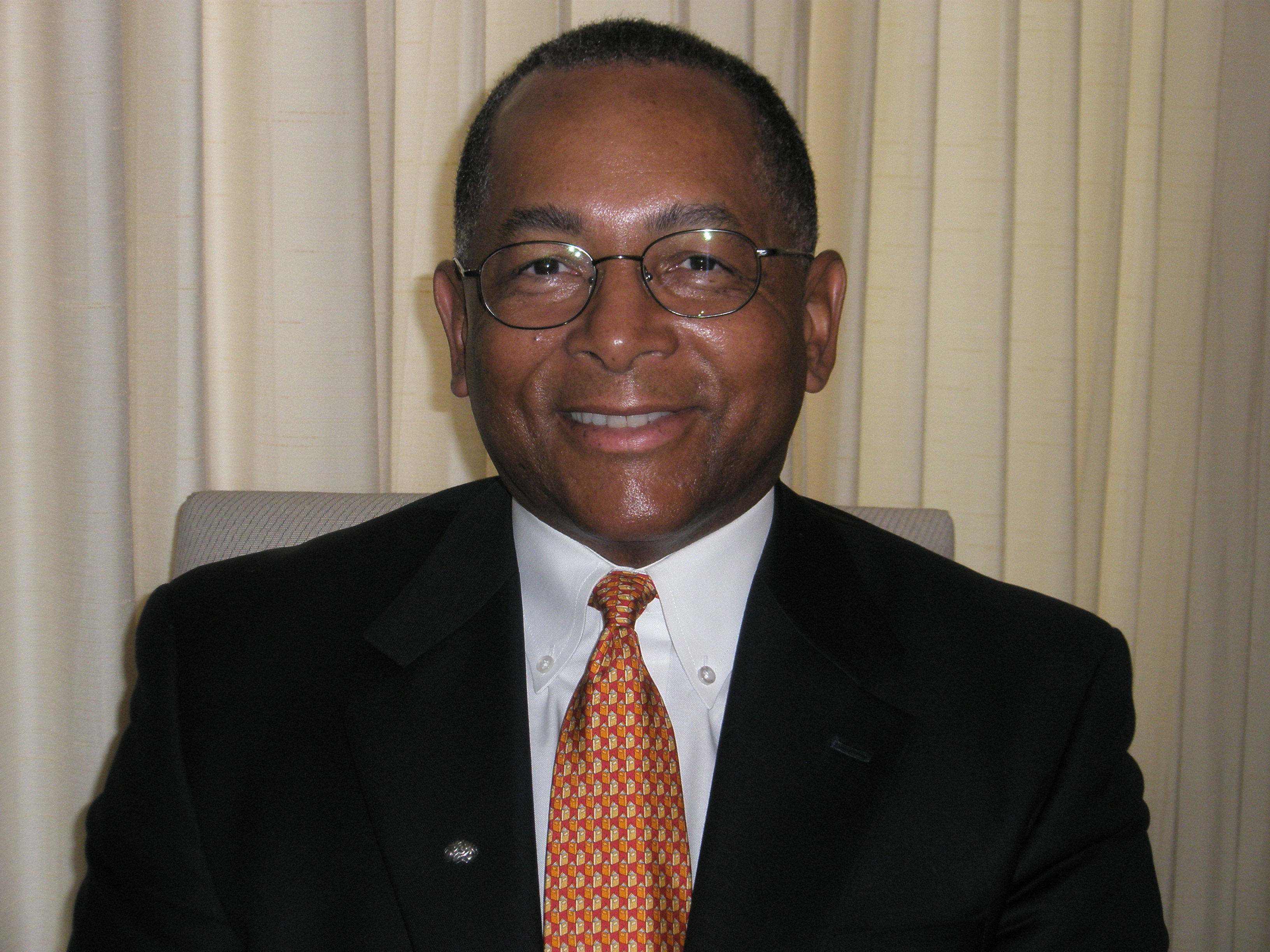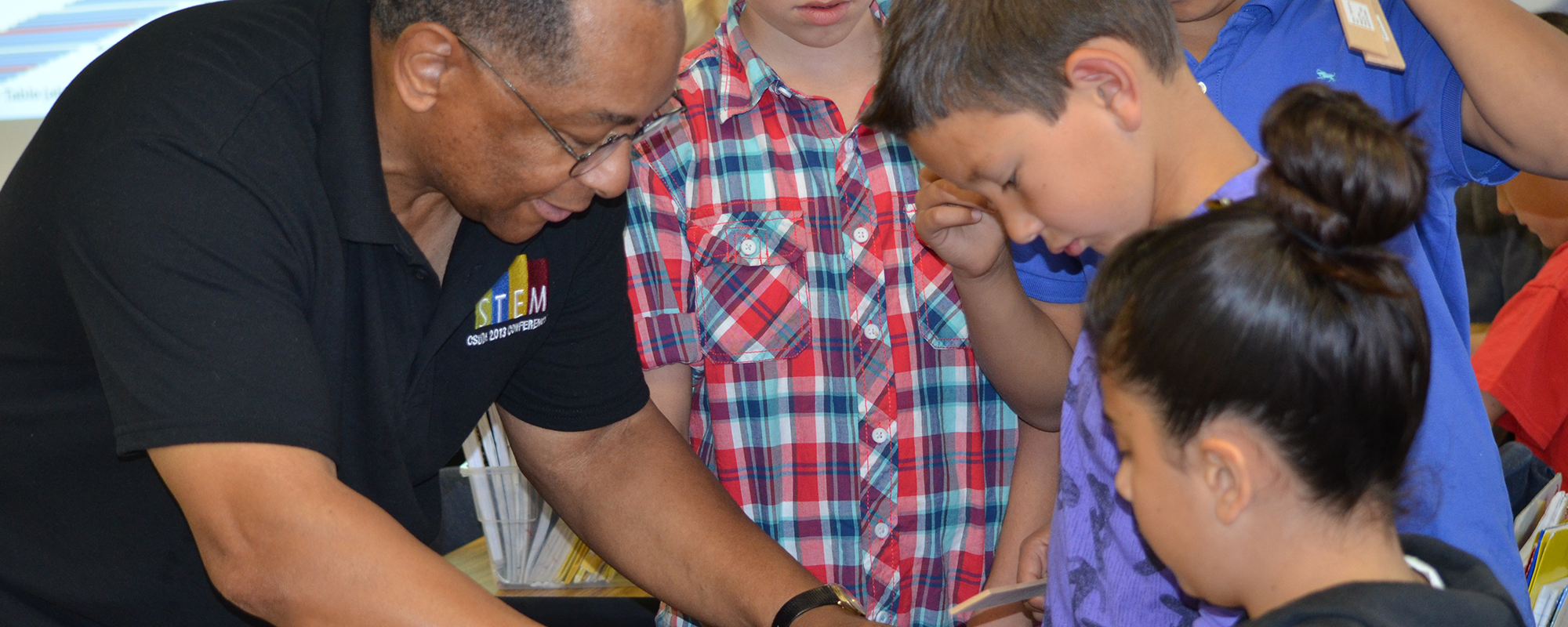Keynote Addresses in San Jose, CA
About Kenneth - A Brief Bio
Kenneth Wesson is a former higher education faculty member and administrator. He delivers keynote addresses in San Jose, CA, on the neuroscience of learning for educational organizations and institutions throughout the United States and overseas. His audiences range from early childhood specialists to university-level educators. Wesson’s international audiences have included educators and administrative officers from six of the world’s seven continents. His research is frequently published and referenced in Parents Magazine, HealthNet, and the journal Brain World.
Wesson regularly addresses educational organizations, counseling associations, school districts and parenting organizations on the subject of “brain-considerate” learning environments. In addition to his speeches on the neuroscience of learning, Wesson speaks on the subjects of early brain development, design and engineering, STEM and ST2REAM, social-emotional learning, and curriculum development. Wesson also serves on the advisory boards for the Korean Institute of Brain Science, Kids at Science, and the International Association of STEM Leaders. He is an active member of Scientists without Borders and he can be seen on PBS specials on human learning and the teenage brain. In 2017, Wesson was selected to receive the Marquis Who’s Who Lifetime Achievement Award.
|
|
|
|

|
Wesson’s latest articles include: A Guide to Equity in Remote Learning; Saber Toothed Tigers and Stressed-Out Students: An examination of the neuroscience behind safe secure learning environments; “STEAMING and ST2REAMING Your STEM Programme”; “STEM Branches Out: Preparing for the jobs of the future”; “Brain-STEM: Using Interdisciplinarity to Improve Our Minds and Our Schools”; “From STEM to ST2REAM: Reassembling our Disaggregated Curriculum”; Art and the Creative Brain; “The Impact of the Next Generation Science Standards”; “Reverse Direction Decoding: Revolutionizing How We Teach Reading”; “Minds, Models and Maps: Visualizing Science”; “Has Standardized Testing Run Its Course?”; “30 Ways to Improve Your Memory”; “Brain-Sight: Can Touch Allow Us to ‘See’ Better Than Sight?”; “Neuroplasticity: The Effects of Experience on the Brain”; “The Magic of Human Language Development”; “Drawing and the Brain”; “Learning and Memory: How Do We Remember and Why Do We Often Forget?”; “Emotions and Education: How Children Feel Affects How They Learn”; NSTA Reports: “Brain-considerate Learning”; “Education for the Real World: Six Great Ideas for Parents and Teachers”; “Summertime and the Learning Should Be Easy”; “Brain-considerate Strategies for the Home and School”; “From Synapses to Learning—Understanding Brain Processes”; “The Developing Brain”; “Building a Better Brain”; “What Recent Brain Research Tells Us About Learning”; “Neuropsychology and Prejudice”; “A Brief History of Neuroscience”; “Where is God in the Brain?; “Memory and the Brain” and “Early Brain Development and Learning.”
|
|
|
|
He has been a keynote speaker for many of the leading international educational organizations for American and International schools, including the Association of International Schools in Africa (AISA), the Association of American Schools in South America (AASSA), Middle East North Africa (MENA), the Central and Eastern European Schools Association (CEESA), the National Association of Independent Schools (NAIS), East Asia Regional Council of Overseas Schools (EARCOS), the Near East South Asia schools (NESA), along with numerous American educational organizations, school districts, and colleges.
He has been a keynote or featured speaker for a broad range of organizations, where his addresses were grounded in the question, “If It’s Your Job to Develop the Mind, Shouldn’t You Know How the Brain Works?” His Brain-STEM presentations focus on merging brain science and the goals of STEM education and Common Core.
Wesson has been profiled in “Who's Who in Science and Engineering,” “Who’s Who in American Education,” and “Who's Who in America.”
|
|
|
At the 2012 STEM Forum and Expo sponsored by the NSTA, Wesson and NASA astronaut Mary Ellen Weber delivered the keynote addresses. He was/will be a keynote or featured speaker for such diverse groups as the following: the Hawaii ASCD, International Symposium on Electronic Arts, the Distinguished Educators Series, the North Dakota School Boards Association, the Arkansas Leadership Academy, the Virginia Science Teachers Association, New Mexico Science Teachers Association, Migrant and Seasonal Workers HeadStart Programs, National Brain Awareness Week, and the Montalvo Arts Education Conference. His keynote addresses are frequently grounded in the question, "If It's Your Job to Develop the Mind, Shouldn't You Know How the Brain Works?" His Brain-STEM presentations focus on merging brain science and the goals of STEM education. xanax
The NSTA and Shell Oil Company identify 4-6 people annually, who they recognize for making unique contributions to scientific research and education. Those individuals (the "Shell Science Scholars") are invited to address the members of the NSTA at their annual conference and are also honored at a special reception. This group includes the 1998 Nobel Prize winner for Physics, the Director of the Human Genome Project and Kenneth Wesson, who was recognized in 2011 for the second time within the past decade—a "first" for Shell Science Scholars. The NSTA is the world's largest educational organization (scientists, researchers and science educators) with over 53,000 members dedicated to the improvement of science education.
|
|
|
He has:
- Served as a science writer for Science IQ contributing articles
on brain research
- Worked as an Educational Consultant
for Stanford Research Institute (SRI)
- Worked at the college and university levels as an administrator
and a faculty member
- Worked on the development and marketing of several of the nation's leading mathematics, science and reading programs.
- He is an active or former member of the following organizations:
- The International Society on Infant Studies
- The Organization for Human Brain Mapping
- The Society for Neuroscience tramadol
- The American Association for the Advancement of Science
- The National Association of Black Psychologists (a founding member)
- The National Kindergarten Alliance (a founding member)
- The Western Psychological Association
- The United Professors of California
|
- The American Association of College Administrators
- The Association for Supervision and Curriculum Development
- The American Mathematical Association
- The National Science Teachers Association
- The National Council of Teachers of Mathematics
- The National School Boards Association
- The Teacher Credentialing Task Force for the CA Schools Boards Association
- Was elected to the local Board of Education in 1980
- Was recognized as one of the "Outstanding Young Men of America" in 1984
- The Mental Health Board and the Justice Systems Board for Santa Clara County
- Appointed by the Governor of California to the state’s Tobacco Education and Research Oversight Committee (providing the meta-research on the developmental effects of smoking on the brain)
Accutane
|
|
|
|
|

